
Mike McGrath, MD of our Irish partners, Arvo, updates on the supply chain risks facing importers and exporters into N Ireland from 1 January
Warren Buffett’s nugget of wisdom that “you only find out who is swimming naked when the tide goes out” will be fully confirmed from the 1st of January. That’s when N Ireland will see the impact of the UK government’s decision to create two trading principles across the Irish sea.
This creation of a “parallel universe” for Northern Ireland has the potential of creating a bureaucratic nightmare, whereby NI businesses have one foot in each market (UK and EU) but this will require much red tape to control bad actors, e.g. there now will be a CE Mark for European products, a UKCA mark for UK products and the UKNI Mark for NI products. Companies trading on both sides of the border will need a crash course on international product certifications and standards.
A similar risk exists with regards the supply of Chemicals, where over 8,000 products are currently registered by UK Companies with regards to REACH (the key chemical control regulation in the European Union). These will all expire on December 31st, even though many are destined for the Irish market. UK suppliers will have to re-register and change operation into the EU, or the Irish customer/distributor will have to register as an importer, if these products are going to be available in Ireland in 2021. Once again, the weakest link in the supply-chain will be tested as both these measures require significant resources. And the UK will introduce UK REACH authorisation next year to add more confusion to the matter.
Data Protection and the movement of personal data in and out of the UK is still the invisible elephant in the room, as the terms of the Free Trade Agreement have not concluded. This will decide whether the UK receives an adequacy agreement under the provisions of the GDPR. Similarly, there is disagreement on the mutual recognition of qualifications, which may cause another invisible trading barrier for service companies.
As for visible barriers, the one guarantee from all this confusion is shipment delays in all directions to/from/through the UK in early 2021. The UK Government has acknowledged there will be daily queues of up to 7,000 trucks in Kent. Delays are inevitable on the island of Ireland also, as 92,000 Irish SME’s are going to become ‘importers’ from the UK from January. They will have to take on a range of customs responsibilities, which will be a new challenge to their already hectic schedules. Going back to the weakest link reference, the complexities of customs clearance require that all documentation does not need to be correct, but cannot be incorrect.
It has been a very challenging year already for SME’s. The timing of Brexit could not be worse, as SME’s are already trying to bounce back in a new social distanced world. Frustratingly, the details of the future EU-UK trading relationship are still unknown with less than 60 days to go. Most proactive businesses have started to prepare, but there are many “ifs/buts/maybes” in these scenario plans. One of Arvo’s major Brexit concerns is the lack of detail on the level of divergence of EU standards and regulations from those in the UK/NI. Businesses need this level of detail to calculate the specific risks to their business and work with their key suppliers and customers through the new trading environment.
From Arvo’s perspective, there are many potential supply-chain risks as above. We expect many twists and turns in the years ahead within this complex EU-UK trading relationship. Unfortunately, uncertainty has become the norm in most people’s lives over the past 6 months and managing uncertainty will be a valued skill dealing with the fallout of Brexit in the months and years ahead. However, businesses can start preparing now as it is guaranteed that there will be non-tariff barriers, new regulations, requirements for customs paperwork and delays on all shipping routes to, from and through the UK. The regulations alone will be show-stoppers for many businesses once the regulators begin enforcement, while the resulting administrative costs will impact the bottom line for many sectors
Arvo would urge all businesses to deeply engage with all key suppliers. As per the Ready For Brexit Brexlist, take steps now to check and audit your suppliers preparations for Brexit, which may require consideration of options regarding alternative sources to procure materials. Finally, visit www.arvo.ie to download a free eBook outlining many supplier risk management tactics to sustain your business in the advent of Brexit.
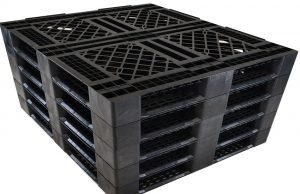
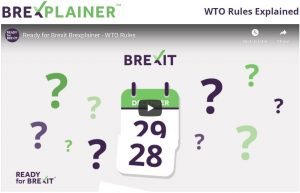





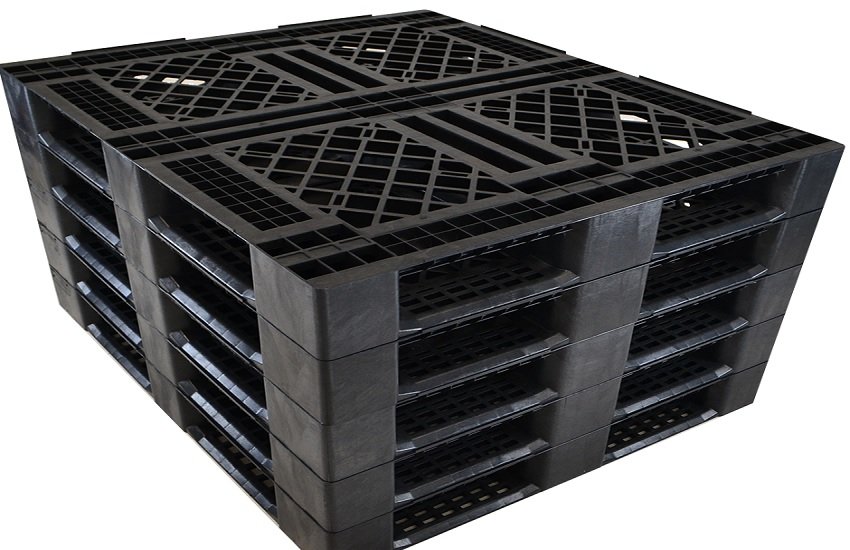

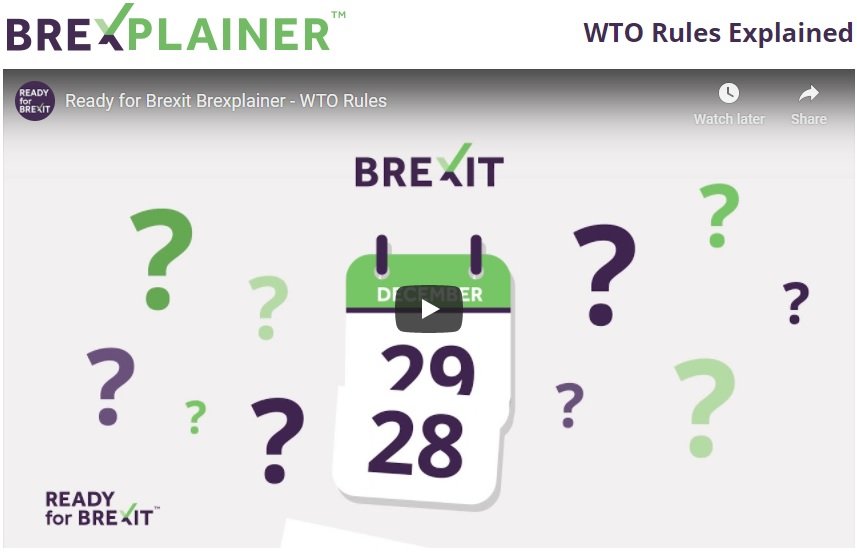


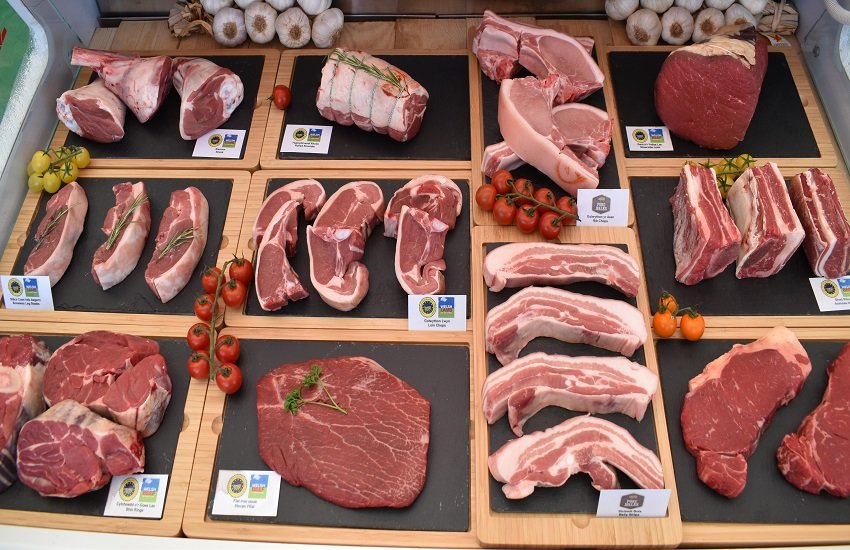
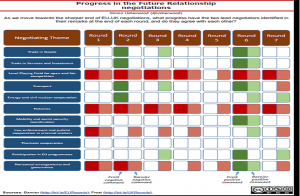




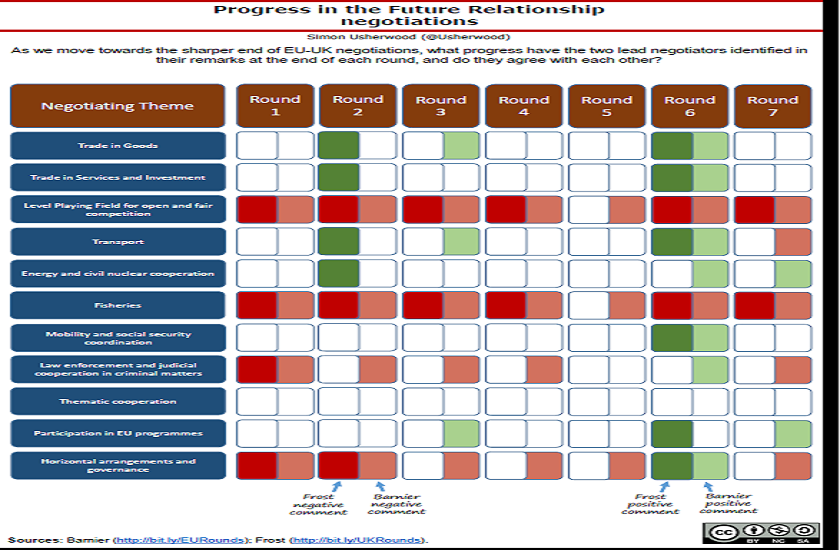

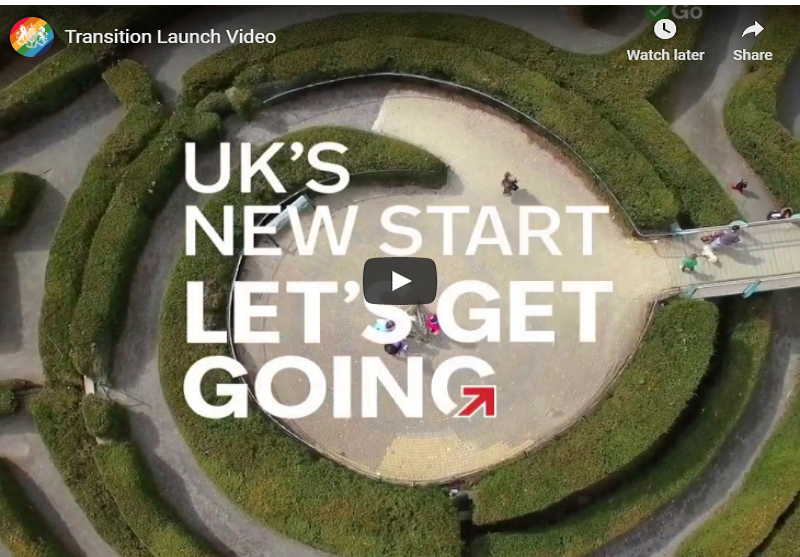



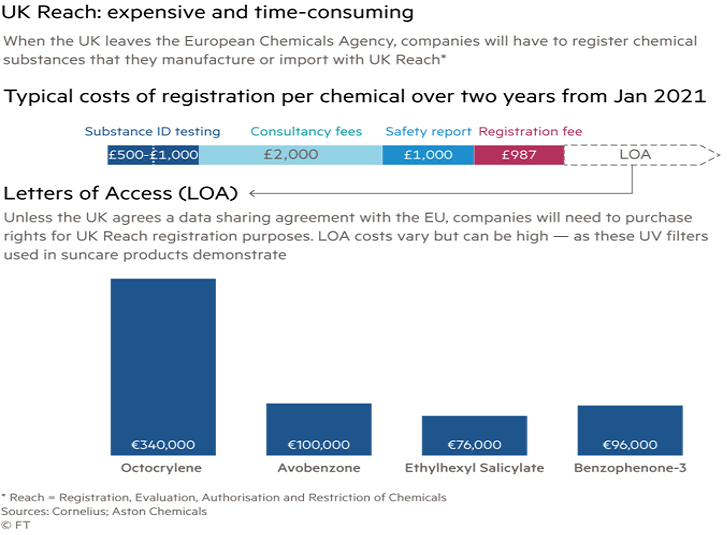 “The UK chemical industry is warning of a £1bn cost to duplicate EU regime. Smaller companies may fail to survive the move to a British safety registrations agency”.
“The UK chemical industry is warning of a £1bn cost to duplicate EU regime. Smaller companies may fail to survive the move to a British safety registrations agency”.